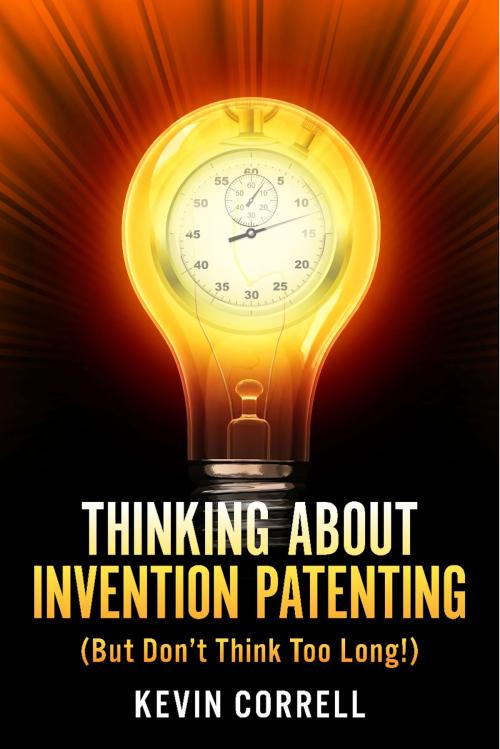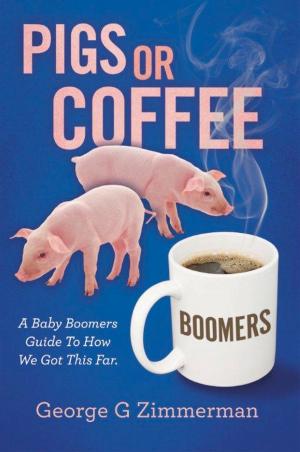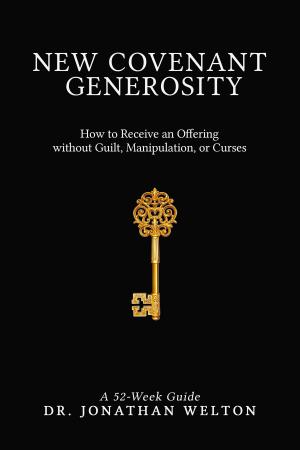Thinking About Invention Patenting
(But Don’t Think Too Long!)
Business & Finance, Career Planning & Job Hunting, Entrepreneurship, Entrepreneurship & Small Business| Author: | Kevin Correll | ISBN: | 9781624887932 |
| Publisher: | BookBaby | Publication: | December 28, 2012 |
| Imprint: | Language: | English |
| Author: | Kevin Correll |
| ISBN: | 9781624887932 |
| Publisher: | BookBaby |
| Publication: | December 28, 2012 |
| Imprint: | |
| Language: | English |
Inventive ideas are a dime-a-dozen and standing alone are worth almost nothing. It is the capability and tenacity to implement the inventive idea that differentiates you from everyone else and gives you a chance at being successful. Also, keep in mind that you don’ t have to patent your invention to make and sell your inventive product; but, if there is money to be made there are sure to be copycats and you will want some protection. (You also want to be sure that you are not infringing someone else’s patent.) But, the patenting process can be expensive so thinking before patenting will save you time and money in the long run.Inventors frequently have great ideas but don’t know where to start. They often rely on half truths, misinformation, no information, and essentially myths, which lead them to believe that all they have to do is “get a patent” for their invention and the money will flow in. The first, and perhaps most damaging myth, is that patentability equals marketability. However, as you will learn from reading this book, patentability does not equal marketability. Understanding this distinction alone will far outweigh the cost of this e-book.Another purpose of this book is to help you to appreciate what you are about to get into when pursuing your great idea --- to give you more of the big picture issues you need to be aware of, and consider, before you spend money trying to patent that great idea. Considering these issues early on will save you time and money… lots of time and lots of money. In addition, the America Invents Act (AIA) signed into law September 16, 2011 may have leveled the playing field for independent inventors when the first-inventor-to-file provision becomes law on March 16, 2013. This provision is discussed herein; but, in short, the provision implies whoever files first wins the race to the U.S. Patent & Trademark Office! Nevertheless, once the law changes on March 16, 2013, you do not have a lot of time to mull over all the issues and subsequent details before filing a patent application.
Inventive ideas are a dime-a-dozen and standing alone are worth almost nothing. It is the capability and tenacity to implement the inventive idea that differentiates you from everyone else and gives you a chance at being successful. Also, keep in mind that you don’ t have to patent your invention to make and sell your inventive product; but, if there is money to be made there are sure to be copycats and you will want some protection. (You also want to be sure that you are not infringing someone else’s patent.) But, the patenting process can be expensive so thinking before patenting will save you time and money in the long run.Inventors frequently have great ideas but don’t know where to start. They often rely on half truths, misinformation, no information, and essentially myths, which lead them to believe that all they have to do is “get a patent” for their invention and the money will flow in. The first, and perhaps most damaging myth, is that patentability equals marketability. However, as you will learn from reading this book, patentability does not equal marketability. Understanding this distinction alone will far outweigh the cost of this e-book.Another purpose of this book is to help you to appreciate what you are about to get into when pursuing your great idea --- to give you more of the big picture issues you need to be aware of, and consider, before you spend money trying to patent that great idea. Considering these issues early on will save you time and money… lots of time and lots of money. In addition, the America Invents Act (AIA) signed into law September 16, 2011 may have leveled the playing field for independent inventors when the first-inventor-to-file provision becomes law on March 16, 2013. This provision is discussed herein; but, in short, the provision implies whoever files first wins the race to the U.S. Patent & Trademark Office! Nevertheless, once the law changes on March 16, 2013, you do not have a lot of time to mull over all the issues and subsequent details before filing a patent application.















